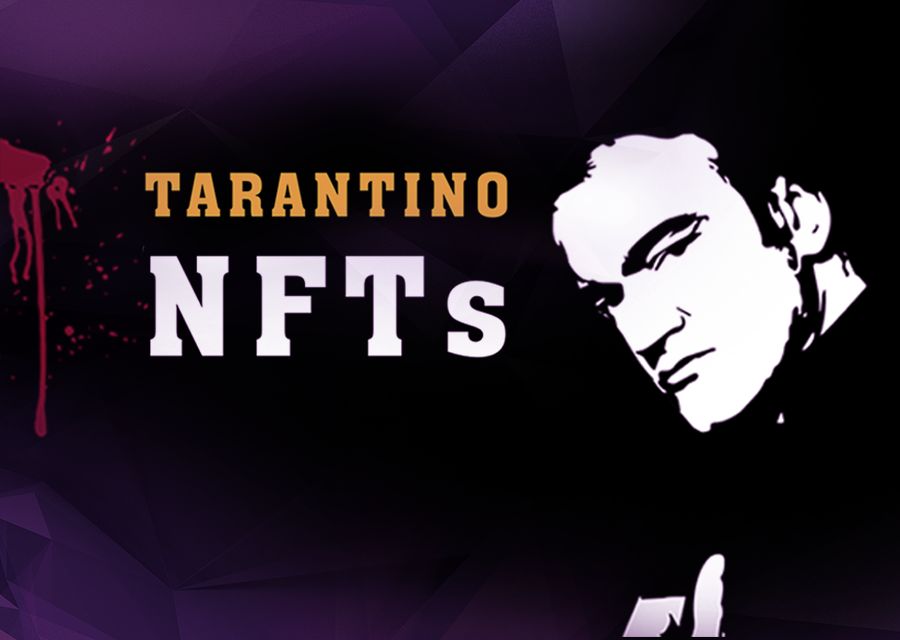Quentin Tarantino and Miramax Films have settled their lawsuit over the rights to distribute and monetize digital versions of his screenplay for the classic 1994 film “Pulp Fiction.” The settlement ends a two-year dispute in which Tarantino accused Miramax — a company he once worked for as director and creative consultant — of breaching contract obligations over digital rights. The suit was filed by Tarantino in 2016, claiming that he signed away only the right to distribute movie versions of his script as part of an agreement with Miramax in 1995 when he gave them final cut on “Reservoir Dogs.” But he said that did not include electronic or digital media. He argued that the Pulp Fiction Digital Rights Agreement (or DRA) was invalid because it didn’t have the same legal standing as its predecessor, known as the Limited Action Script Agreement (or LASA).
What’s changed?
The key change is that Miramax will now have to negotiate with Tarantino in good faith if they want to distribute his NFTs digitally. No longer do they have the right to ignore his wishes and distribute his scripts on their own terms. The other change is that the settlement is not just about Pulp Fiction, but about Tarantino’s entire filmography. The settlement therefore clarifies that Tarantino’s entire screenwriting catalog is subject to NFTs — including his early films like “Reservoir Dogs” and “Natural Born Killers” and later works like “Kill Bill” and “The Hateful Eight.”
Summary of the settlement
The agreement means that all of Tarantino’s written works (e.g. scripts, novels, and short stories) have NFTs, including the film “From Dusk Till Dawn,” the TV series “Kill Bill,” and his novel “The Hateful Eight.” It also means that Miramax will have to negotiate with Tarantino if they want to exploit his NFTs digitally. Tarantino will retain the right to refuse to grant permission to his former employer. The lawsuit’s original claims have been dismissed, but the settlement also makes an important clarification regarding the parties’ respective rights — namely that the DRA signed in 1995 does not grant Miramax the same rights as LASA. Tarantino’s complaint has been partially successful because it clarifies that his written works are only subject to NFTs as a result of the Limited Action Screenplay Author’s Agreement (or LASAA). The LASAA is an entirely different document to the DRA.
Pulp Fiction Screenplay NFTs
The settlement makes it clear that all of Tarantino’s written works feature NFTs. This includes his first hit film “Pulp Fiction,” as well as scripts like “From Dusk Till Dawn” and his TV series “Kill Bill.” However, it’s worth noting that the settlement doesn’t change anything in relation to the exploitation of Pulp Fiction. Tarantino’s complaint only ever sought to clarify that the DRA he signed in 1995 didn’t change his ownership rights in relation to the screenplay. Pulp Fiction is still freely available online and still generates revenue for Tarantino and Miramax.
Digital Rights for Other Films
The deal makes it clear that all films in Tarantino’s entire script catalog are subject to NFTs. Tarantino had previously claimed that DRA doesn’t apply to his movies. But the terms of the deal make it clear that Tarantino never intended to give up his rights. It aimed to retain only the rights it had under LASA, namely the right to financially enjoy its physical and digital distribution.
As a result
While the agreement clearly states that Tarantino’s written works are subject to NFTs, that doesn’t change anything about the exploitation of his most famous work, “Pulp Fiction.” It continues to be freely available online and generate revenue for Tarantino and Miramax. But the agreement shows that Tarantino’s complaints are not frivolous. He makes it clear that his former employer has always intended to respect her rights, even if they don’t always respect his wishes.
